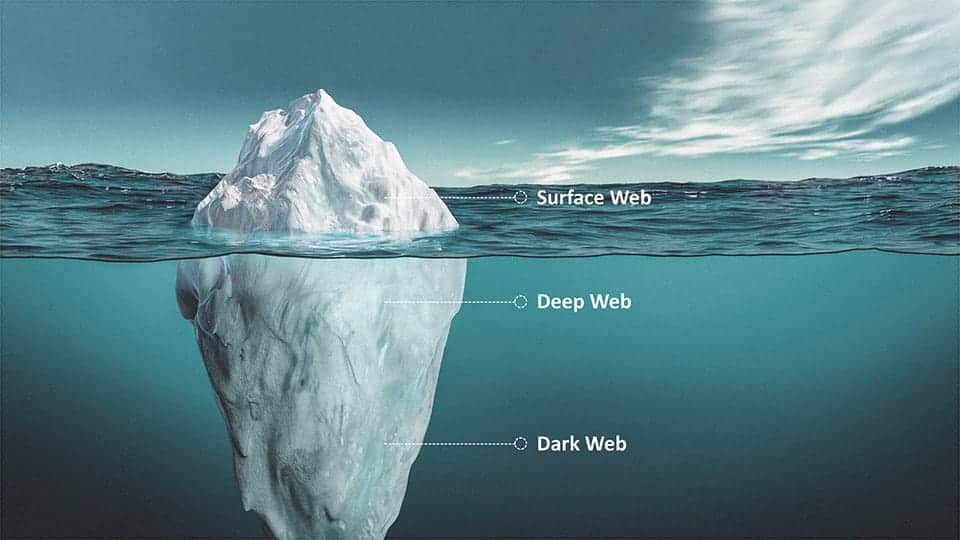Deep Web


What is Deep Web?
The deep web refers to areas of the internet that are inaccessible using typical search engines such as Google, Yahoo!, and Bing.
Pages that were not indexed, fee-for-service (FFS) sites, private databases, intranets, and sites located on the dark web are all part of the deep web.
Understanding Deep Web
The deep web, sometimes known as the hidden or unseen web, differs from the surface web, which can be reached via search engines. Search engines may access information on sites like Investopedia, which is part of the surface web. According to most analysts, the deep web is substantially larger than the surface web. Many web pages are generated dynamically or may not contain links to other sites. The search engines cannot find them unless they have links from previously indexed sites. As a result, obtaining links from other pages is a fundamental aspect of search engine optimization (SEO).
The “hidden” material on the wider deep web is typically more clean and safe. The deep web includes anything from draft blog entries and unfinished website redesigns to the pages you visit when doing online banking. Moreover, there is no risk to your computer or general safety from these. To keep user privacy and information, the majority of these pages are kept off the public web. Examples of these pages include:
- Financial accounts like banking and retirement
- Email and social messaging accounts
- Private enterprise databases
- HIPPA sensitive information like medical documentation
- Legal files
Latest news about Deep Web
« Back to Glossary IndexDisclaimer
In line with the Trust Project guidelines, please note that the information provided on this page is not intended to be and should not be interpreted as legal, tax, investment, financial, or any other form of advice. It is important to only invest what you can afford to lose and to seek independent financial advice if you have any doubts. For further information, we suggest referring to the terms and conditions as well as the help and support pages provided by the issuer or advertiser. MetaversePost is committed to accurate, unbiased reporting, but market conditions are subject to change without notice.
About The Author
Damir is the team leader, product manager, and editor at Metaverse Post, covering topics such as AI/ML, AGI, LLMs, Metaverse, and Web3-related fields. His articles attract a massive audience of over a million users every month. He appears to be an expert with 10 years of experience in SEO and digital marketing. Damir has been mentioned in Mashable, Wired, Cointelegraph, The New Yorker, Inside.com, Entrepreneur, BeInCrypto, and other publications. He travels between the UAE, Turkey, Russia, and the CIS as a digital nomad. Damir earned a bachelor's degree in physics, which he believes has given him the critical thinking skills needed to be successful in the ever-changing landscape of the internet.
More articles

Damir is the team leader, product manager, and editor at Metaverse Post, covering topics such as AI/ML, AGI, LLMs, Metaverse, and Web3-related fields. His articles attract a massive audience of over a million users every month. He appears to be an expert with 10 years of experience in SEO and digital marketing. Damir has been mentioned in Mashable, Wired, Cointelegraph, The New Yorker, Inside.com, Entrepreneur, BeInCrypto, and other publications. He travels between the UAE, Turkey, Russia, and the CIS as a digital nomad. Damir earned a bachelor's degree in physics, which he believes has given him the critical thinking skills needed to be successful in the ever-changing landscape of the internet.






















































